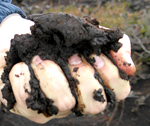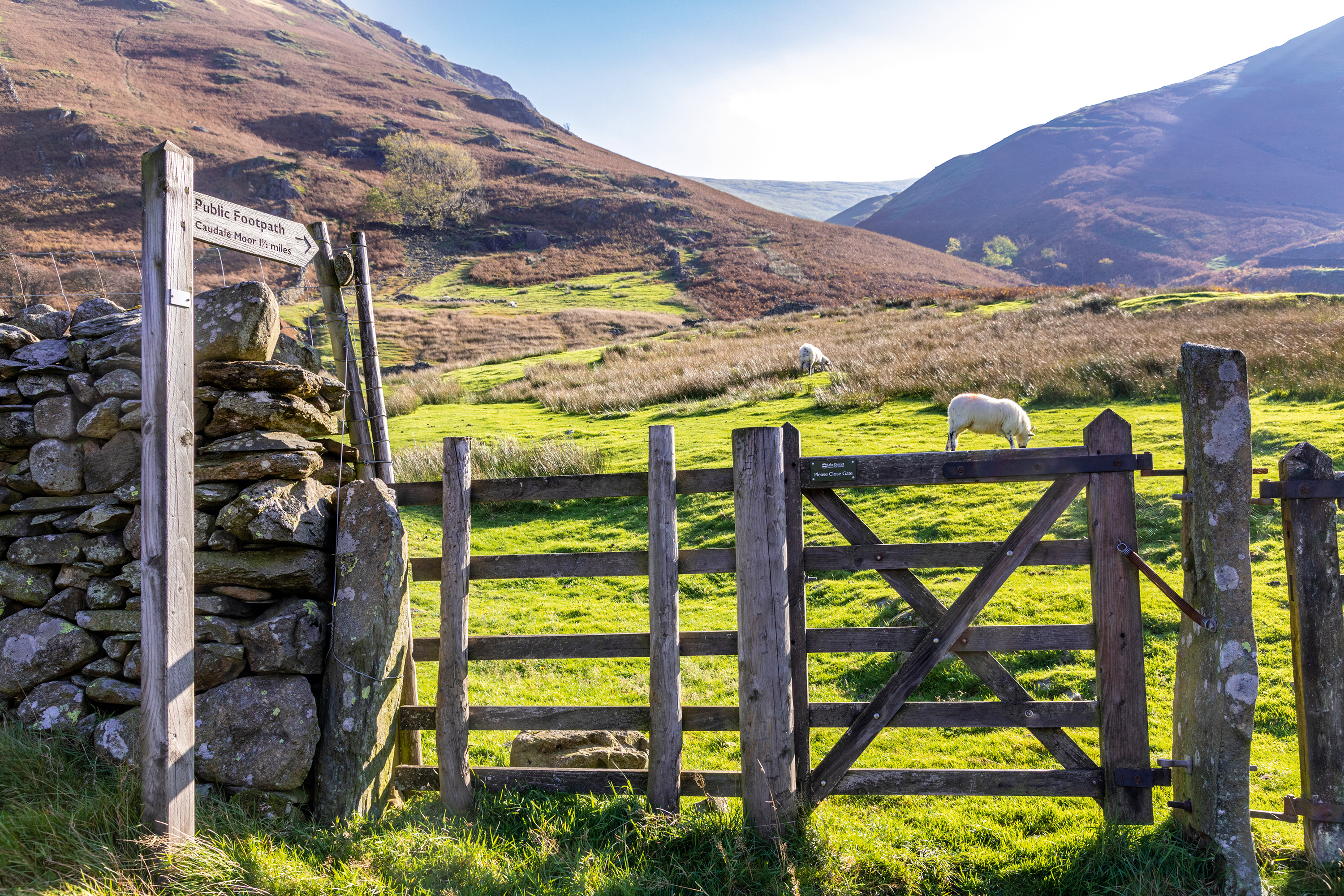Row over peat prices
A tax on bags of peat compost could see gardeners paying for peat bog destruction


The horticultural world is waiting to see whether next month's Budget will have amateur gardeners being levied a £1 tax on bags of peat compost. In 2001, the Labour Government set a 10-year target-which manufacturers said was too ambitious and has not been met-of reducing the peat content of market compost by 90%.
Conservation groups have been pressurising Defra, which has a consultation proposing peat be phased out of ‘amateur' use, such as in ‘grow-bags', by 2020, and from the whole market by 2030, to impose the levy.
As an island, Britain has peat bogs that are some of the finest in the world for biodiversity and form 15% of Europe's peat resource. They have been described, in ecological terms, as our version of the rainforest because they contain more than half our stored carbon-the cost of emissions from digging them up is put at 630,000 tons, or an extra 300,000 cars on the roads. ‘Millions of us are gardeners, and uniquely placed to contribute to protecting our natural environment -by making conscious consumer choices regarding our gardens,' says Defra minister Richard Benyon.
The question is whether it's gardeners who should be penalised for the destruction of peat bogs, both here and in Ireland, where the problem is more acute. ‘At a time when consumers are fighting the effects of the recession and being encouraged to grow their own, a proposed peat tax would have a huge impact on them,' says Dr Jamie Robinson of Westland Horticulture, a company that says it has reduced its peat content by 60%, and doesn't source peat from SSSIs.
Dr Roger Williams, head of science at the RHS, says: ‘Our gardens are now 97% peat free, and we believe that increasing awareness of peat issues and peat-free alternatives is the most effective approach to encourage gardeners to change behaviour. However, we feel that a tax would not necessarily have the desired outcome.'
Sign up for the Country Life Newsletter
Exquisite houses, the beauty of Nature, and how to get the most from your life, straight to your inbox.
Country Life is unlike any other magazine: the only glossy weekly on the newsstand and the only magazine that has been guest-edited by HRH The King not once, but twice. It is a celebration of modern rural life and all its diverse joys and pleasures — that was first published in Queen Victoria's Diamond Jubilee year. Our eclectic mixture of witty and informative content — from the most up-to-date property news and commentary and a coveted glimpse inside some of the UK's best houses and gardens, to gardening, the arts and interior design, written by experts in their field — still cannot be found in print or online, anywhere else.
-
 Six rural properties with space, charm and endless views, as seen in Country Life
Six rural properties with space, charm and endless views, as seen in Country LifeWe take a look at some of the best houses to come to the market via Country Life in the past week.
By Toby Keel
-
 Exploring the countryside is essential for our wellbeing, but Right to Roam is going backwards
Exploring the countryside is essential for our wellbeing, but Right to Roam is going backwardsCampaigners in England often point to Scotland as an example of how brilliantly Right to Roam works, but it's not all it's cracked up to be, says Patrick Galbraith.
By Patrick Galbraith